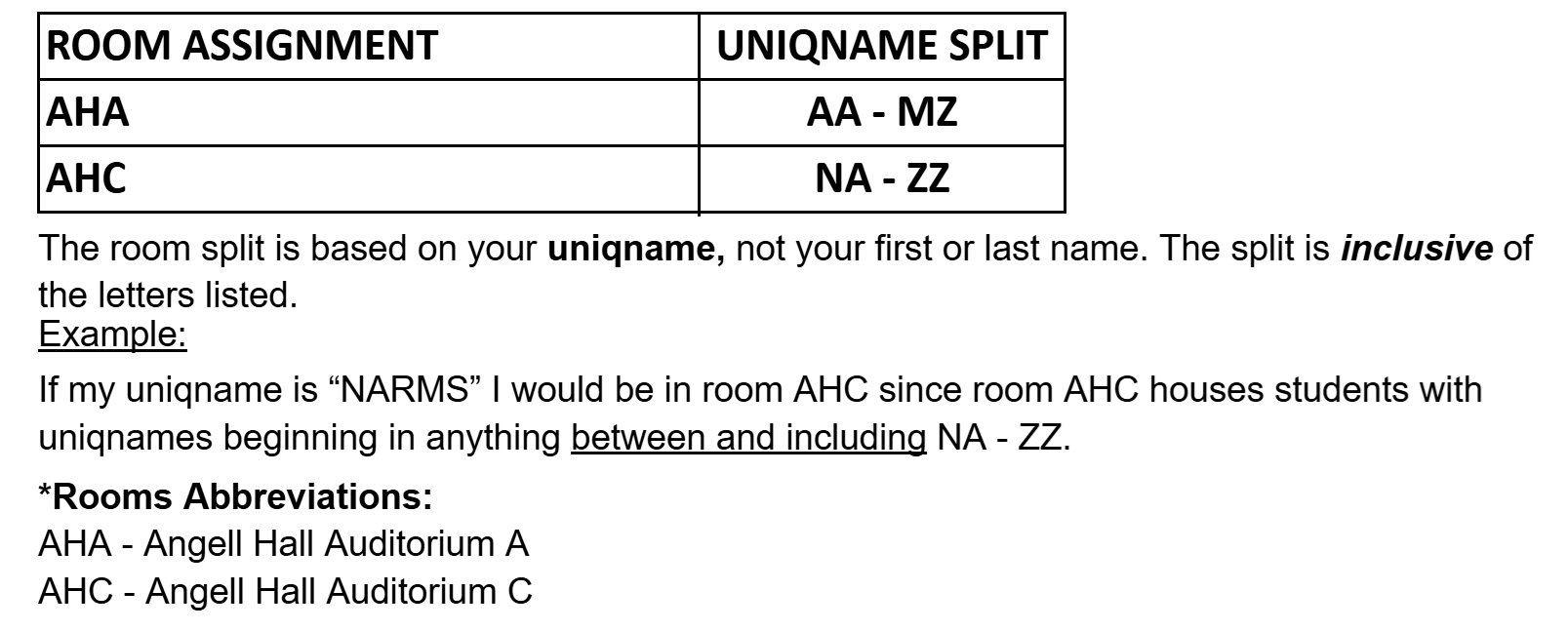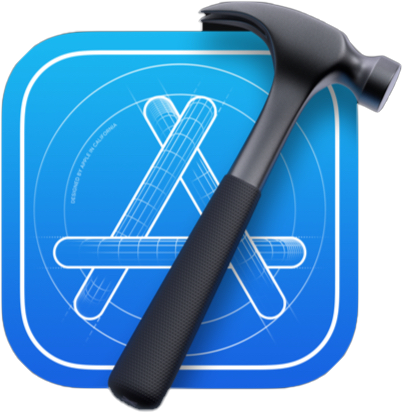EECS 183: Elementary Programming Concepts in C++
University of Michigan
EECS 183 is an introductory course to computer science and programming, covering the basics of computing as well as problem-solving and algorithmic thinking.
This website is for everyone in the 8:30 AM, 1 PM, and 4 PM lectures. If you are in the 11:30 AM or 2:30 PM lecture, please go here
This Week
| Week | Monday | Tuesday | Wednesday | Thursday | Friday |
|---|---|---|---|---|---|
| Feb 16 - Feb 20
Exam 1 Review, Sunday 2/156-8PMCHEM 1210 |
No Tuesday Labs No office hours Tuesday No Lecture |
No Wednesday Labs No office hours Wednesday |
No Thursday Labs Lecture 12: Arrays 1 |
No Friday Labs |
Current Projects and Labs
Resources for Class
Winter 2025 Exams and Major Deadlines
Exam 1: February 17, 6PM
For exam schedule conflicts, request Exam 1 alternate here
Exam 2: March 25, 6PM
For exam schedule conflicts, request Exam 2 alternate here
There is no final exam.
Thursday, April 23
Michigan League Ballroom
You and your team of 4 will attend one of four, 60-minute sessions, to be scheduled later in the semester.
Project 1: January 23
Project 2: February 6
Project 3: February 27
Project 4: March 20
Final Project Core: April 10
Final Project Reach: April 21
Final Project Showcase: April 23
EECS 183 is an introductory course in computer programming for computer science majors and non-majors alike. Topics include control flow, introductory data structures, algorithms using selection and iteration, basic object-oriented programming, testing and debugging. We primarily use C++ as a programming language. There are no prerequisites. EECS 183 assumes no prior programming experience.
By the end of this course, a successful student will be able to:
- Read a specification and translate it to a computer program
- Follow a process of writing one small part of a program at a time
- Comfortably use Visual Studio or XCode to write and debug code
- Write test cases that test the full range of code functionality
- Design an algorithm to generate a given output
- Write functions using both pass by reference and pass by value parameters
- Use file streams and standard streams to read input and write output
- Write a class and successfully access private and public member variables
- Run test inputs to a program and compare them to test outputs to verify a program works correctly
- Format a program according to a style guide




